Italy is the one country I’ve travelled to the most, and written about the least. And today is the start of my journey to fix that! Perhaps there was just so much to say about this beautiful country, or too many cities to count which stole my heart. Either way, it’s time to put my thoughts to (digital) paper and share with you my tips for exploring Italy! I always find when looking back that sometimes it’s easier to express what NOT to do than what you should do. Everyone is so different and has different ideas of what makes the perfect trip. But there are definitely some great life lessons everyone can find something to take away from my travels (and my travel mistakes.)
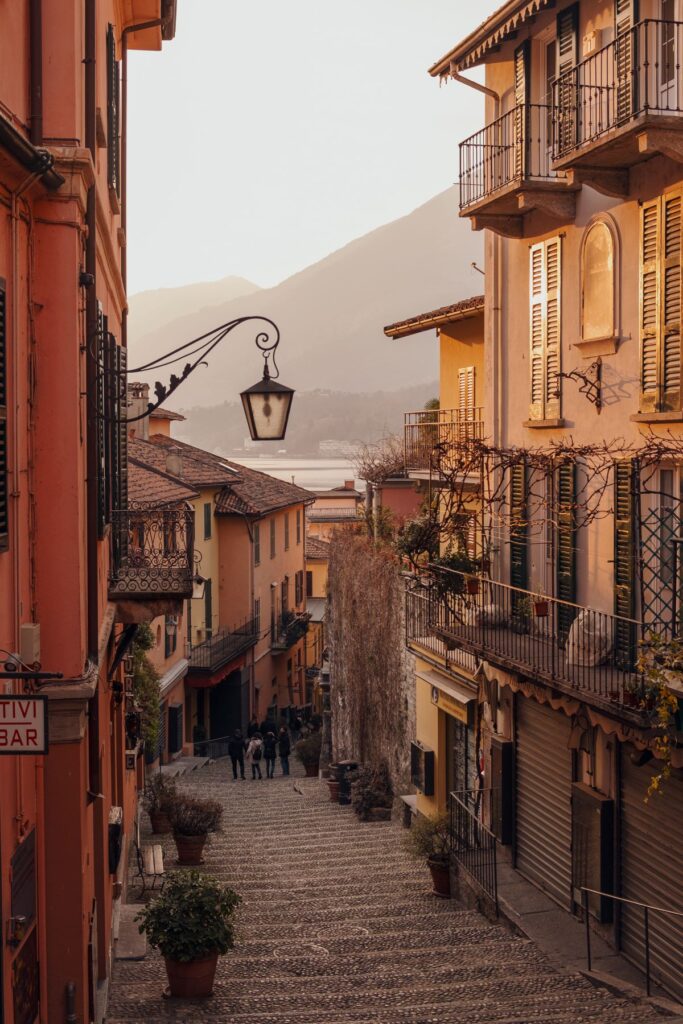
#1 Don’t Rush!
Italy isn’t a country you want to rush through. Not only will the infrastructure of Italy itself render this impossible, but it just doesn’t do the landscape and culture any justice either. Italy is a place for exploring, for getting lost and discovering something you never knew was there. Lists and guides are essential to make sure you don’t get TOO off track but make sure you don’t overbook yourself. I’m one of the LEAST flexible people in the world. I LOVE making schedules and itineraries and get flustered when things don’t go to plan.
Be Open to Change
But sometimes, being forced into a situation where just those things happen, forces you to change. To become adaptable. To open yourself up to new possibility and just let things flow. Italy changed me as a person. It forced me to slow down, to savour in a mid-afternoon glass of wine under an ancient clock tower. I didn’t ask for the bill or try to rush to my next destination. I just sipped my drink under the literal Tuscan sun and reflected on how lucky I was to be experiencing that moment in time. Rushing meals is a mainly North American thing. We are used to fasting food, even at a slow restaurant.
But in Europe, especially in Italy, everything is relaxed, laid back and at a snail’s pace. Find a way of adapting to this new kind of living. I found I loved to bring my books with me and spent these hours of dining reading. It’s a great time to plan your next adventure or just catch up with old friends or family.
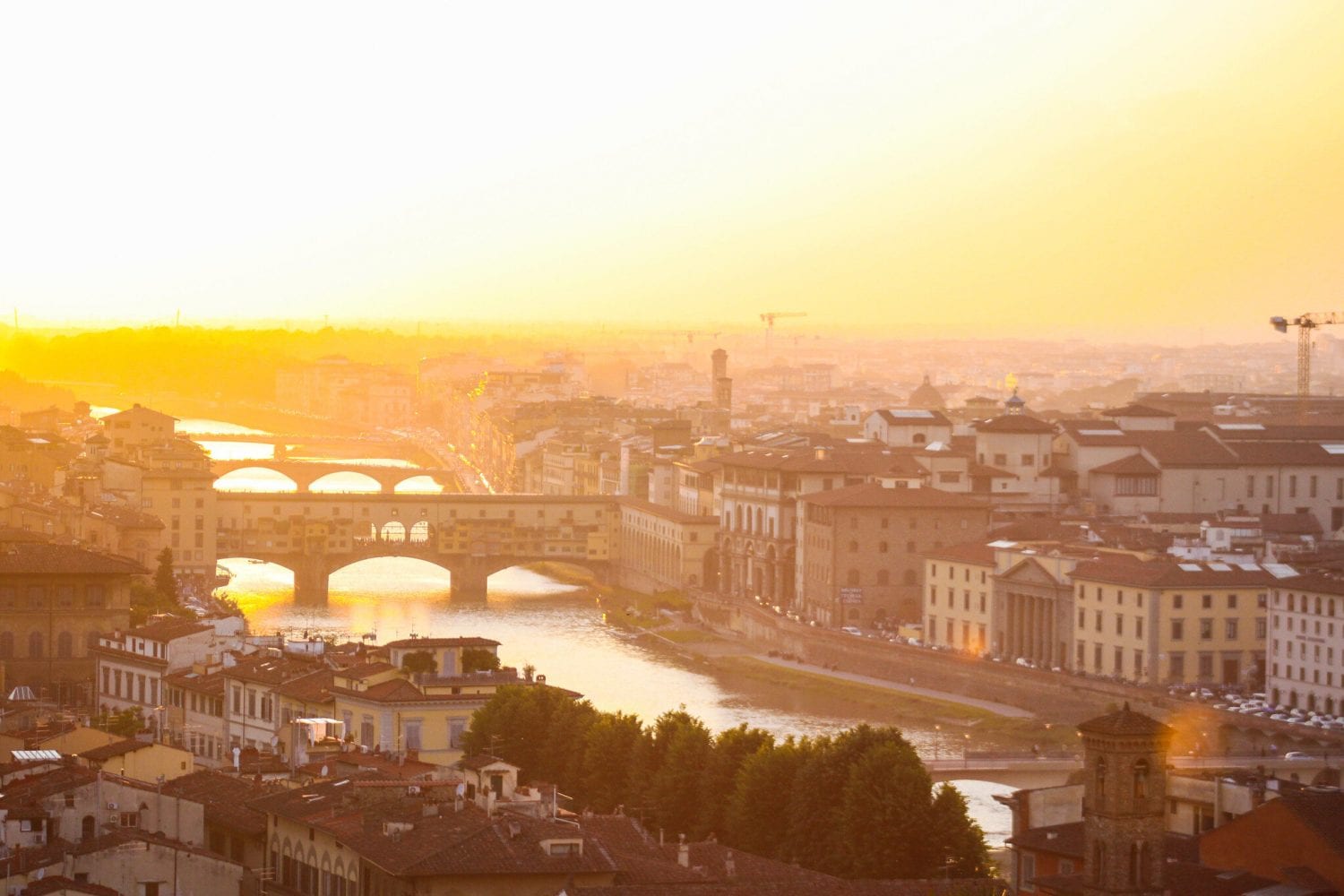
#2 Don’t Drive Inside Big Cities
Driving in Italy is one of the best ways to explore the countryside. Emphasis on the countryside! Driving inside the BIG cities is a nightmare. I witnessed one of the biggest fights between my parents while driving in Florence and that imprinted itself on my brain as “note to self: never drive in the cities in Italy!” Renting a car in Italy is actually one of the cheapest modes of transportation but don’t let that sucker you into using it for the entirety of your trip! You need specific permits for your car to bring it into some major cities. If you haven’t got the right one to expect a HUGE fine when you return your vehicle at the end of the trip. An expensive bill is something no one wants to get after a dream vacation.
In addition to these significant fines, there are also dozens of weird rules of the road in these large cities. You’ll also find heavy traffic, problems with parking and more incidents that you really don’t need to stress about on your vacation. Trains between big cities in Italy are easy to use and a great way to watch the landscape fly by. While they might not always run on time (there is that laid back Italian attitude once more) they get you from point A to point B lickety-split, without any hidden fees. Once you’re finished in the big cities, head just outside town to pick up your rental car for a drive to see the smaller villages across Tuscany.
Driving TIP
If you are travelling on trains in Italy a word to the wise: be sure to always validate your train tickets. When you buy your tickets on regional trains, there won’t be a time or date on it. This is because you need to validate it before you board the train to mark it as used. Look for a yellow machine on the platform or near the entrance to the station. If you can’t find one, ask any employee to point you in the right direction. If you find yourself onboard without validation and run into a transportation officer expect to pay a BIG fine! They don’t fall for the whole “I’m a tourist I didn’t know any better,” line. They make big money off these fines so won’t hesitate to give you one.
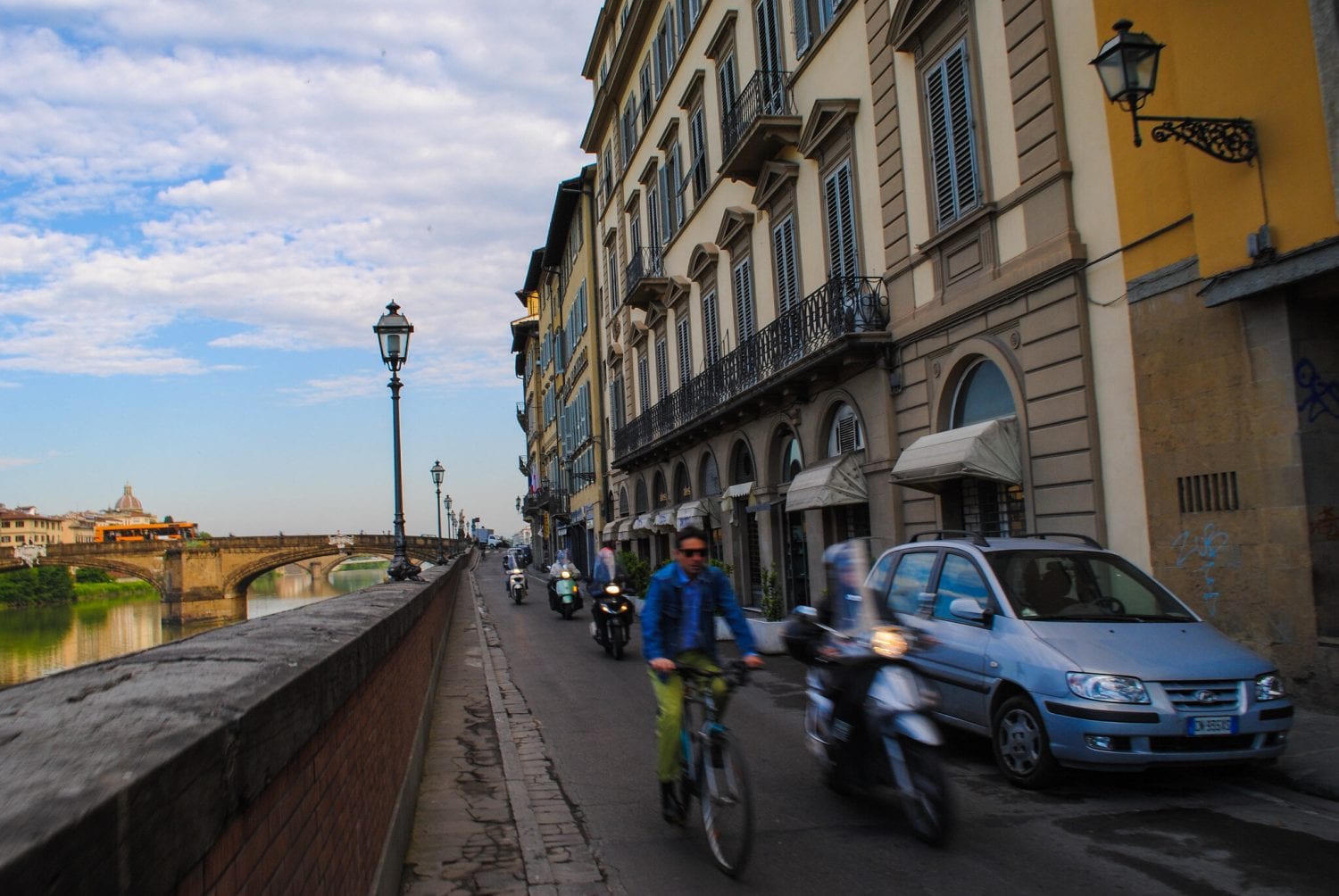
#3 Don’t Assume Food is that Expensive!
Dining out in Italy is cheaper than you’d imagine. When I was a backpacker in my early 20s, I had been anxious about eating out in Italy. It is known as one of the best culinary cities in the world, and I had imagined that all restaurants would cost a fortune. I thought for sure I’d have to resort to buying supermarket food and cooking it back at the hotel. I was SHOCKED to find that by making smart choices, I was able to eat pretty much anything I wanted. And more than that, the prices were way lower than I thought they would be! If you only look at restaurants with English menus, you’ll come away with a totally wrong idea of food prices in Italy.
Avoid English Menus
These restaurants are geared towards tourists who might be swayed by an easy experience to pay more for a less authentic experience. Keep an eye out for menus only in Italian only and always be sure to wander the streets at least five minutes away from the busy areas. Here you’ll find some absolute gems! Also be sure to avoid any restaurant with a greeter outside, yelling in English about their menus. That’s a sure sign it’s not the real deal. In Italy, as long as you stick to those points, you don’t need to worry about checking YELP or TripAdvisor.
I always ended up at places I never had written down, and the food was ALWAYS spectacular. If you can speak even a few words of Italian, try to ask for the daily special or chef’s recommendation. If you don’t have any allergies, give it a try! You never know when you’re next favourite meal will appear out of nowhere. I was shocked to find how much I loved squid ink pasta, a traditional meal in Venice which I had never seen anywhere else in the world.
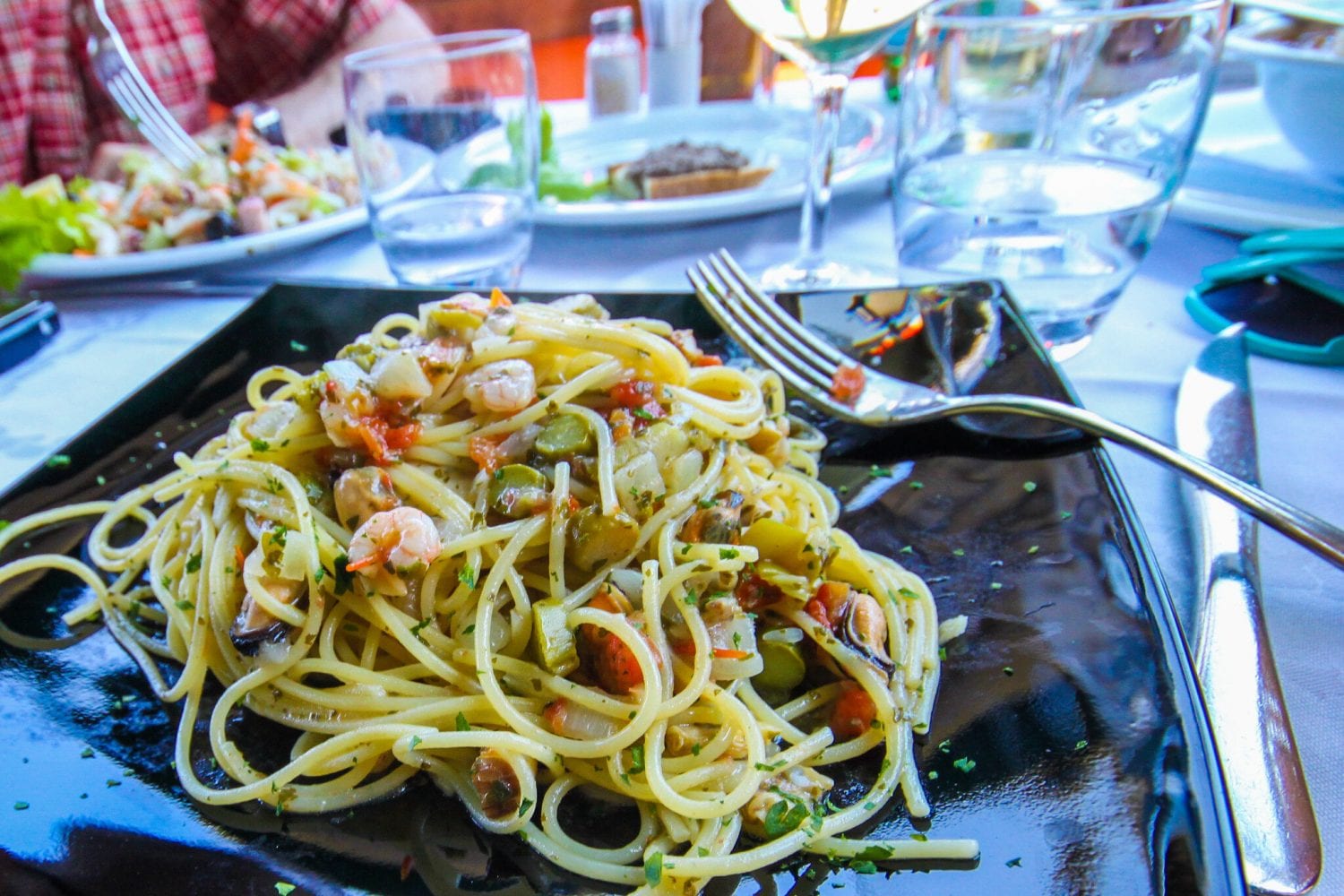
#4 Don’t Expect to Eat on Your Schedule
Italians eat late. Or at least it seemed pretty late to me when usually eats her dinner around 6 pm. The earliest any self-respecting Italian would have their dinner would be around 8 pm. While many restaurants catering to tourists are open earlier, this is a dead giveaway that the food isn’t authentic. I found waiting for dinner was one of the hardest things to get used to.
Eat and Drink Late
That was until I found out about Aperitivo (more on that later). To get used to this later schedule, I found the best thing that worked for me was to take a nap in the middle of the day. This is the same thing many Italians do. It’s very typical to see restaurants open in the morning and night but closed in the afternoon. Despite being a Spanish name, many (or most) native Italians will go home for a siesta in the middle of the day.
This is just one part of the Italian dedication to a better quality of life. Shop owners will close down in the afternoon to go and make a home-cooked meal in their apartment. They sacrifice any sales they would have made during that time for the chance to eat their own food, maybe see their family or even have a nap. So I did the same. I would head home around 3 or 4 pm after a busy day and take a nice long relaxing nap. It recharged me for the rest of the night and resting always makes me feel less hungry than if I was walking around killing time before dinner.
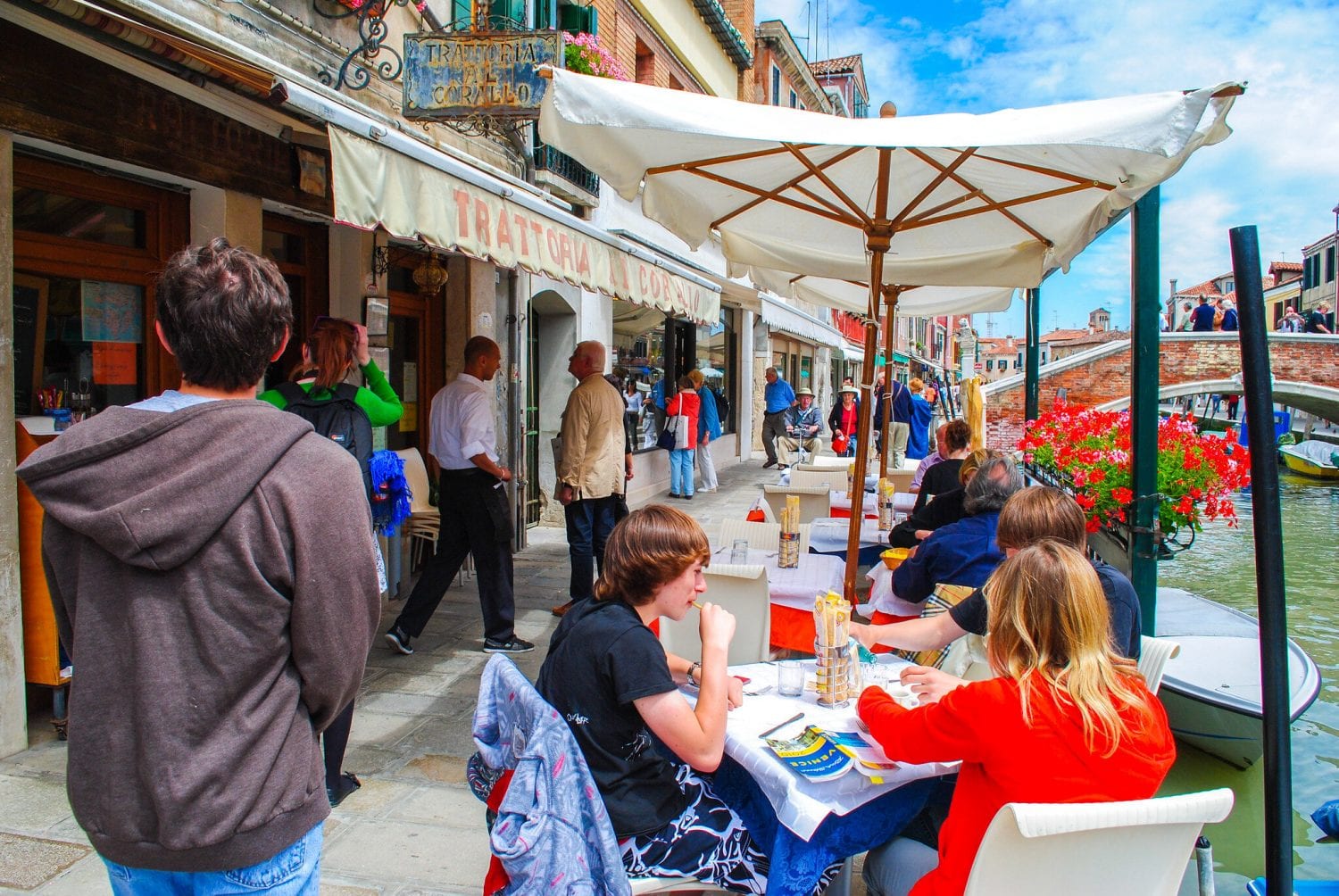
#5 Don’t Expect Half-Priced Drinks during ‘Aperitivo‘
Many North American are used to this thing called “happy hour” between the hours of 7 and 9 pm. This time is usually reserved for half-priced, watered-down drinks. In Italy, they have something similar, but all kinds of different! It’s called ‘Aperitivo‘ (which literally translates to appetizer). Aperitivo is heavily advertised outside bars in the city, and also happens during the hours of 7 and 9 pm. But you won’t find any half-priced drinks here, and if you do see somewhere offering half priced wine, you know its not the an authentic aperitivo.
Free Food NOT Drink
Aperitivo is meant as a time for people to relax after work but before dinner. Locals jovially catch up with friends and family over a few glasses of wine while they wind up their metabolism for dinner (maybe this is why Italians eat so much pasta but remain so thin). But what aperitivo does offer instead of half-priced drinks, is FREE food! These “bonus” snacks are a way to stave off starving before your 9 pm dinner.
Different bars offer up different kinds of snacks. Some offer simple things like nuts, bread and fruit but others have full-on buffets of appetizers all free of charge if you’re drinking. Most big cities charge about 8 and 10 euros for a great glass of wine (reduce this slightly if staying in a smaller, less touristy village). But more than just a glass of wine, you’ll get a real experience out of it! Aperitivo brings out the best in people and a chance for you to meet the locals and ingrain yourself in Italian culture.
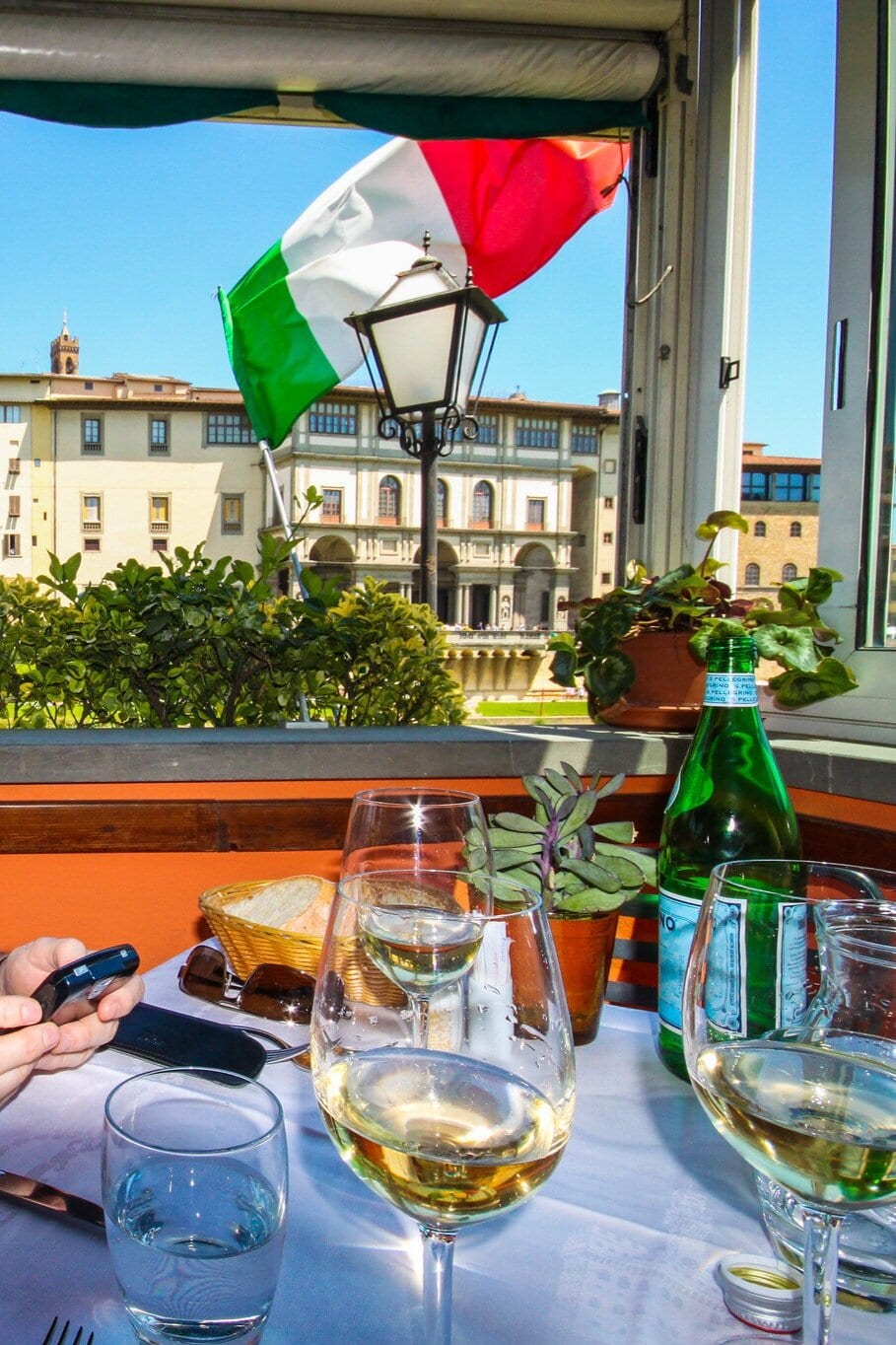
#6 Don’t Underestimate Coffee Culture
Coffee culture in Italy is almost a religion. There are many rules and rituals you’re expected to know and follow. One of the biggest don’ts to know, which will help you out financially is, don’t sit to drink your espresso. Often a coffee will have an added “table charge” if you drink it sitting down. This is rarely, if ever listed, so you’ll either have to ask or take your chances. Especially if you’re having a drink near a trendy tourist site, these charges can be as much as 20 euros! My husband was backpacking in his 20s and grabbed a coffee in front of the pantheon with his friend. They unwittingly sat down and had FOUR coffees, which ended up costing them 60 EUROS! A mistake we still laugh about to this day but I’m sure at the time it was anything but funny.
Even at cheaper cafes, drinking the espresso at the counter will always be more affordable and also how real Italians do it. If you have an espresso, don’t miss out on the crema. While you are not supposed to put any milk or cream in espresso, lots of cafes will have crema on the bar. Creama is whipped milk mixed with sugar that you can spoon into your espresso for a deliciously creamy and sweet drink.
Tips on What to Order and When
Another tip for ordering coffee is not to order a cappuccino after 11 am. Cappuccinos are thought to be meant only for breakfast. If you order one after dinner, you’ll either be politely corrected or just simply brought a latte macchiato instead. Speaking of lattes, don’t go up to a coffee counter and order only a “latte“. Latte in Italian means milk, so you might be served up a cup of warm milk. If you’re interested in a North American latte, as for a latte macchiato or caffe macchiato. When ordering an espresso, you can also ask for a caffe (which is what they call an espresso in Italian). If you’re not a fan of strong espresso order a caffe lungo which adds more water for a less intense taste.
#7 Don’t Ask for Free Tap Water
Trying to save a few dollars when travelling is obviously something most people will want to do. And to do this often, you’ll order some tap water to have during your meal. In Italy, this is called “acqua di robinetto“. But if you try ordering it at most restaurants, you might be met with a dirty look. You might also be flat out refused or, on the odd occasion, begrudgingly have it brought out to you. For the most part, I found it wasn’t worth the trouble of asking for it in the end. There are many reasons people don’t think tap water is standard in Italy. One is that although potable, restaurants can’t guarantee the contents of the water they served, which is against health regulations. Others say that it’s because they don’t make a profit from the water.
Another theory is that it merely isn’t a cultural thing for Italians. Whatever the reason, I keep to the saying, “when in Rome” and order the same thing to locals are ordering. Honestly, sometimes it’s cheaper to order a glass of the house wine than a bottle of sparkling water, so take this as an opportunity to live it up and sample some fantastic Italian wines. If you don’t drink alcohol, Italy has a variety of freshly made sodas which I found at most restaurants. Freshly squeezed lemons and oranges with soda water are fantastically refreshing on a hot day.
#8 Don’t Patiently Wait In Line
Even though Italians are so laid back about table service in restaurants, they are outright frantic when it comes to ordering things to go from anything with a counter. I am a pretty shy and orderly person, so when I was in Italy and went to order a coffee, I patiently waited in line. Without hesitation, I found a woman suddenly push her way in front of me to order, and without pause, the barista served her immediately. I thought for sure, him having seen me, he would have asked her to go to the back of the line. But he did not.
After this happened multiple times, I realized that line jumping was just a part of their culture, like yelling or talking with their hands. If an Italian sees a gap in the line, they’ll jump right in. So either be sure to leave no space between yourself and the person in front or find the courage to start line jumping! Or at least being a little pushier and showy when it comes to ordering at counters. Some places have started using a number machine to control this queuing problem, but if you’re stuck somewhere without it, you’ll need to figure out the game. Remember, they’re not trying to be rude, it’s just all apart of that fiery Italian attitude.

#9 Don’t Go in the Summer
Ok, now I know this point will get everyone going! Italy is a fantastically popular place to travel. As it should be, it’s gorgeous! You can’t blame people for wanting to visit it. But summer is especially busy. For many families, the summer is the only time they can travel with their kids, so the cities become overrun with Europeans and international travellers. The weather has been getting increasingly hotter and hotter (thanks global warming) and what once was a relaxing summer vacation on paper, turns into a humid, sticky and sweaty affair. Combine that with the huge crowds, long wait time to get into attractions and you’re in for a horrid equation.
Summer = High Prices, Lots of Tourists
Prices for hotels are also the most expensive during this time as well, and even some popular train route are often booked up well in advance. Summer also has its pests, in this case, mosquitoes, which can have a field day on bare legs. For me personally, Italy is one of those landscapes that look stunning any time of the year. The visual difference between Venice in the Summer and Venice in the Winter is almost non-existent (they rarely get snow).
And if you’re lucky enough to see a snow-covered Italy what a unique and special moment that would be! What is the most different during those months outside of the summertime are the crowds and the costs. In both cases you’ll see a big reduction. The colours along the vineyards in the fall are spectacular, and the springtime blooms along the roadways make driving a joy. So if you can avoid it, skip the summer! If you can’t, just be sure to plan far in advance and make smart choices.
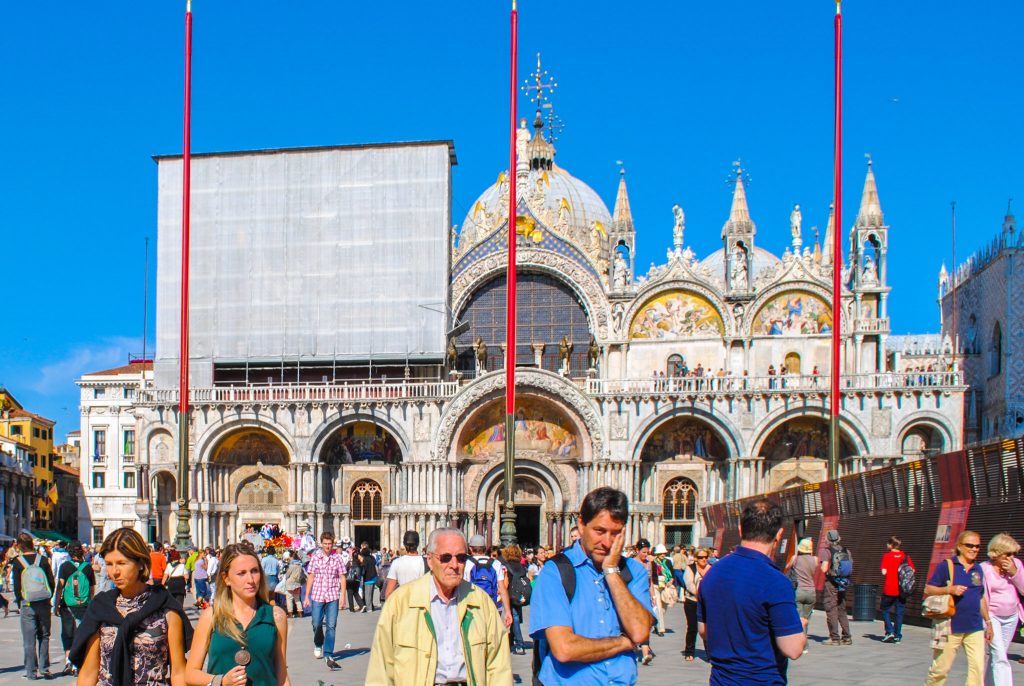
#10 Don’t take Heavy luggage
Italy is known for its gorgeous cobblestone streets and old, historic residences. But what those two things have in common is that they were designed for a different time. A time when luggage was made for being carried in your hands, not huge suitcases being rolled down the street on wheels. Too many of us have a tendency to overpack. And you’re never all too aware of this fact until you’re facing a 20 minutes walk down an extremely bumpy road, followed by a six-storey walk up. With airlines charging more and more for checked luggage, this is your opportunity to save, and scale down all at once. I have a great post about how to pack for 2-weeks in a carry-on which will save you a ton of hassle, exhaustion, stress and, best of all, money!

#11 Don’t wait to Book Tickets to Popular Attractions
Even if you’re not travelling in the super-duper popular months, buying tickets online in advance to busy attractions is highly advisable. If there are a few items on your list which are unmissable, you don’t want to find yourself unable to get in because they’re sold out or the line is too long. Buying tickets in advance also means that that portion of the sightseeing costs is already paid for before you arrive in the city. For those on a tight budget, it means you might have a little bit more to spend once you’re there.
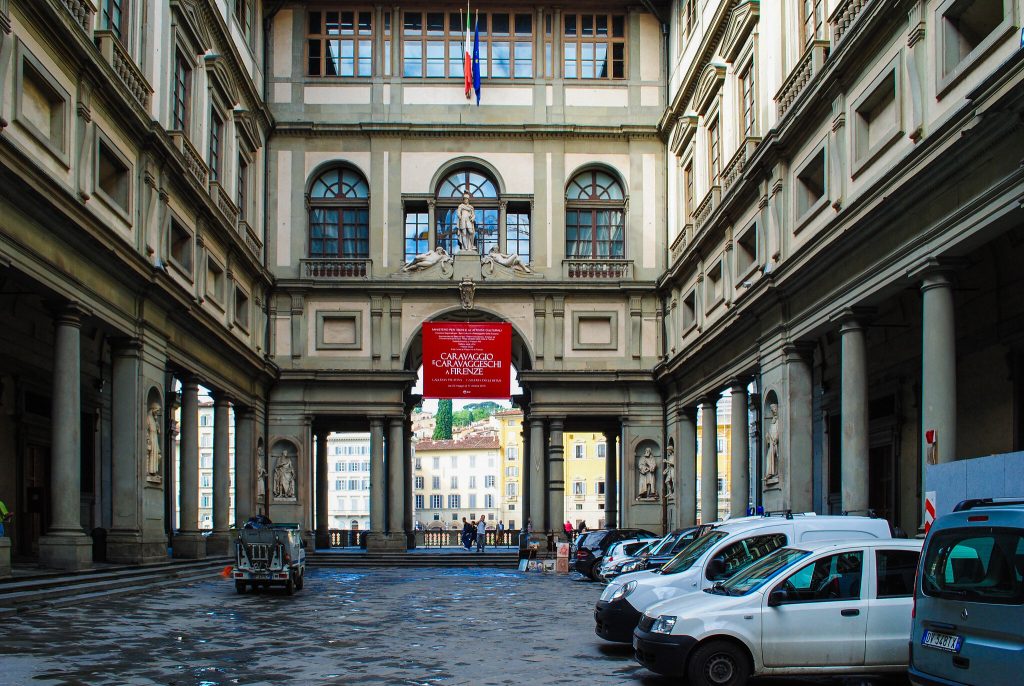
#12 Don’t ONLY Stay Inside the City Walls
So many people, when travelling to a new city, might want to stay right in the centre of town! And while this sounds good in practice, close to sights and all that, in reality it’s a bit more complicated. If you’re someone like me who enjoys a quiet evening, these hotels or apartments in the centre of busy cities are often pretty loud. Not only that, they are expensive! Since transport, even in smaller cities is so prevalent in Italy, it’s easy to stay either just on the outskirts of town or in a nearby village just a few minutes away. If you’re travelling by car, this also means you can park the car at one of these hotels easily and won’t need to worry about bringing it into town.
Look in Bnbs
Often hotels outside the city are a fraction of the cost of the ones in town and come with so much more character and charm. We stayed in plenty or airbnbs, farm stays or just tiny bed and breakfasts on the outskirts of town on our travels through Italy. Every single one was owned by the most interesting characters! Airbnb makes it easy to search for accommodations using their map function so you can find the town you want to visit and then zoom out slightly to explore the options just a few minutes outside the centre.
We even stayed in one place where the owner would drive us into the city in the morning and pick us up in the evening. Like a personal chauffeur or bus service! PLUS staying in these little towns also means you can visit their local restaurants which are often so excited to have visitors. They serve up some of the best authentic food at the lowest prices!
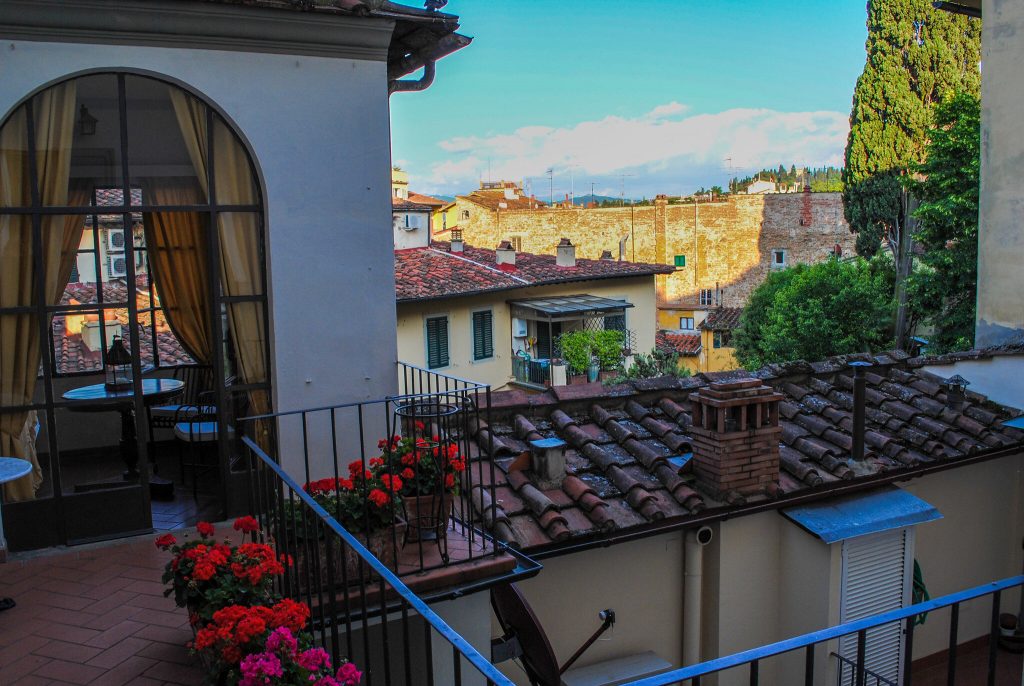
#13 Don’t Forget to Bring cash
Despite the rise of credit cards, tap and, apple pay, it seems like cash money has become something of an ephemeral thing. Even I rarely have cash on me at home, heck sometimes I don’t even walk around carrying my wallet. But especially when travelling I always make sure to bring cash with me. For anyone visiting a marketplace, flea market or even smaller restaurant, you’ll find cash is either the only accepted form of currency or at least the much more preferred option. Especially in small towns which might be a little bit more behind the times, cash is essential. And if you’re interested in doing any haggling at the antique market, you’ll need cash for sure!
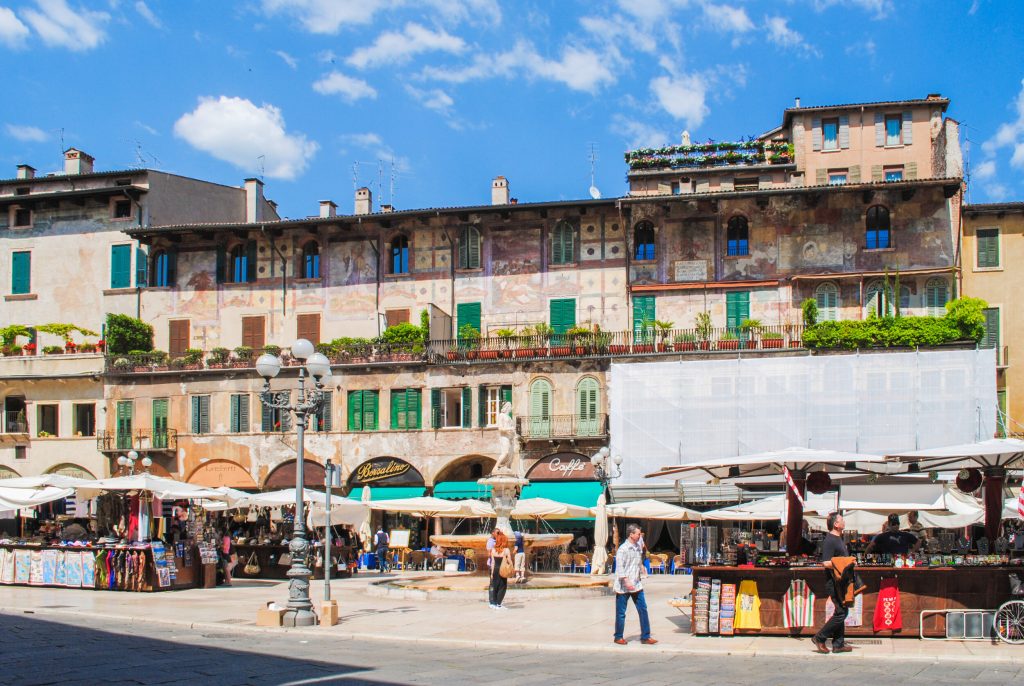
#14 Don’t Skip pastries for breakfast
Breakfast in Italy is a sweet affair. If you come to Italy, don’t try to find a restaurant that does a full English or an omelette with hash browns. Along with the mandatory caffe (espresso), you need to pick up your favourite sweet pastry to enjoy alongside. There is the iconic biscotti, brioche or cannoli but my favourite is the cornetti (cornetto if singular). A cornetto is the Italian’s version of a french croissant. It is slightly sweeter (right up my alley!) and eaten dipped into your coffee as you indulge. Pastry shops often have a fantastic coffee counter as well so you can easily get your morning brew and meal all in one place.
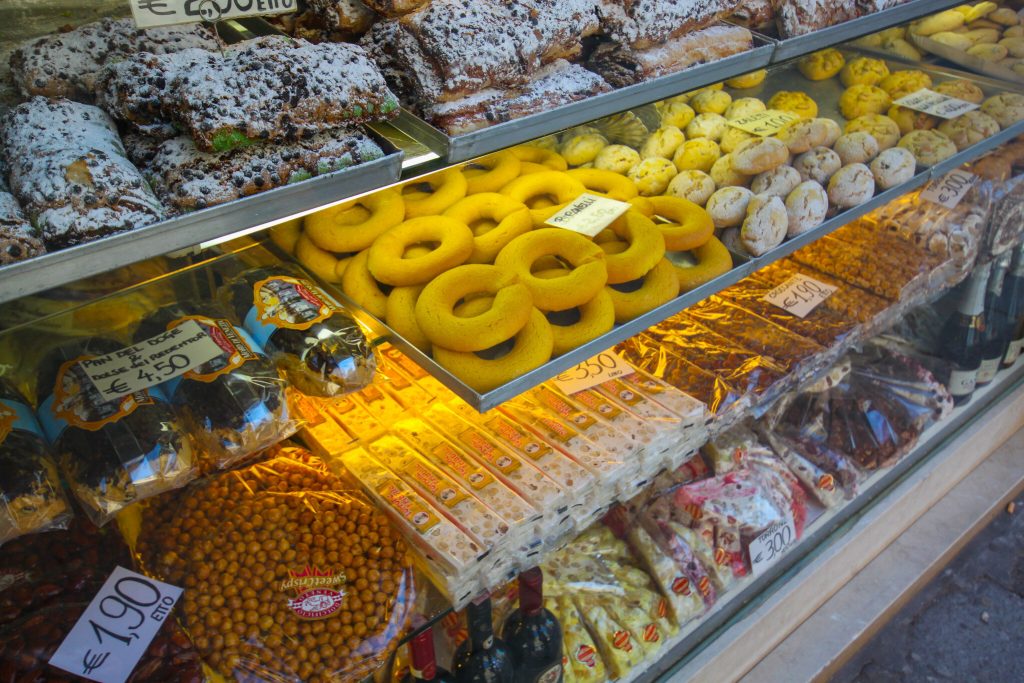
Italy is honestly one of the most incredible places in the entire world, and although that’s not really the most original opinion, it’s cliche for a reason. Hopefully, these tips help you out on your next trip over to the city of astounding food, unbelievable architecture and extraordinary people. Let me know if the comment any others tips you might have for first-time travellers to help them out on their future ventures.
Happy Travels, Adventurers!
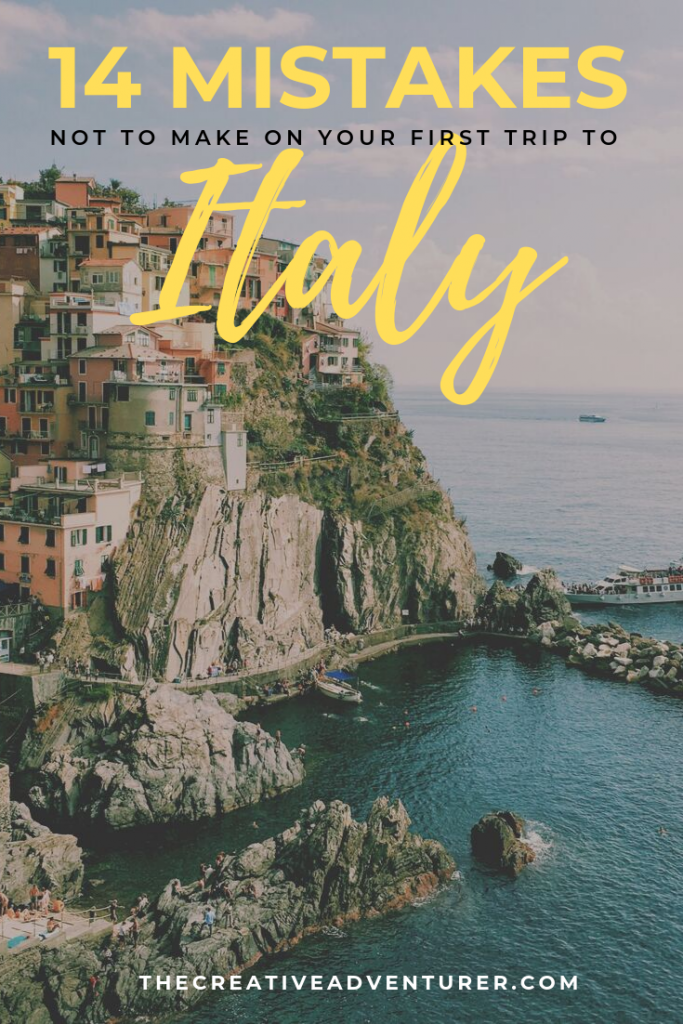
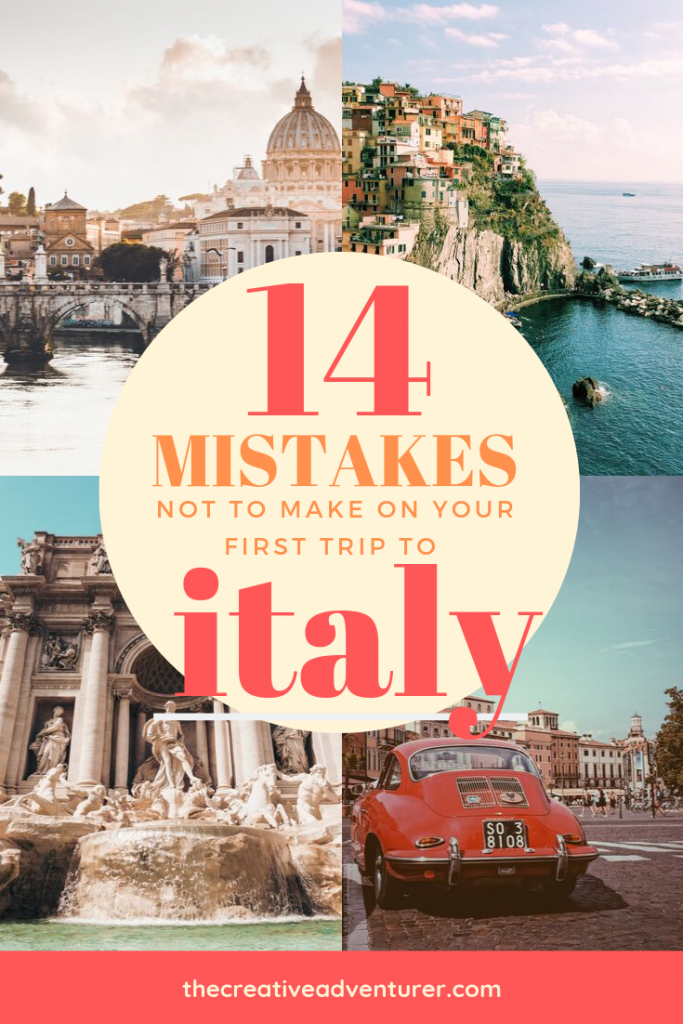



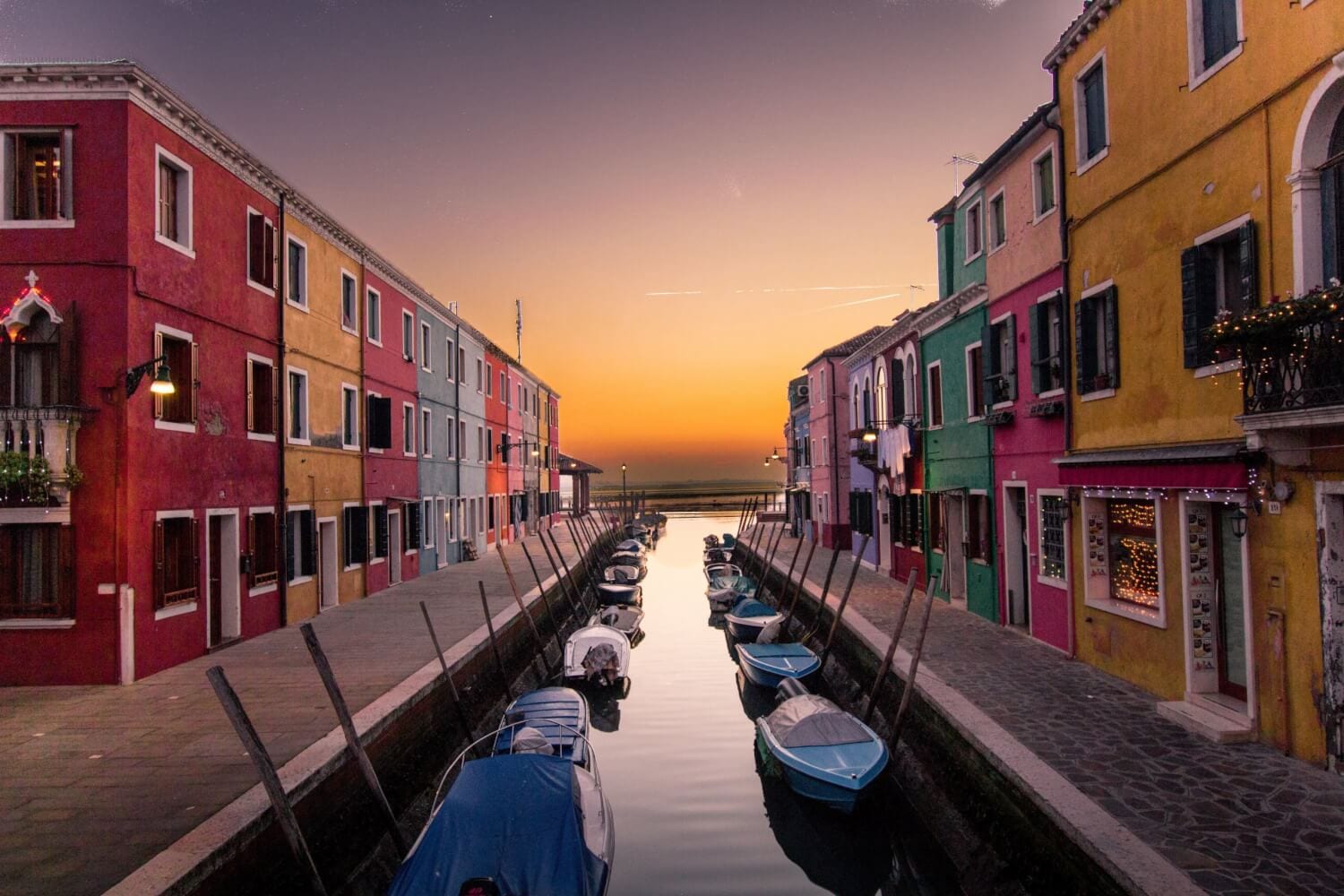
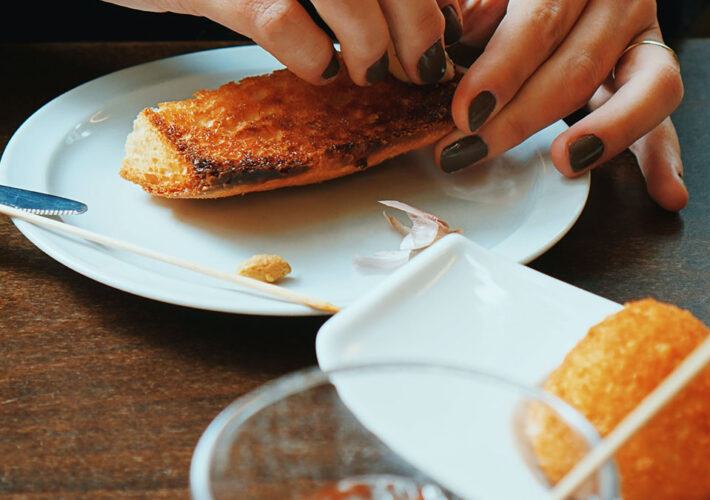
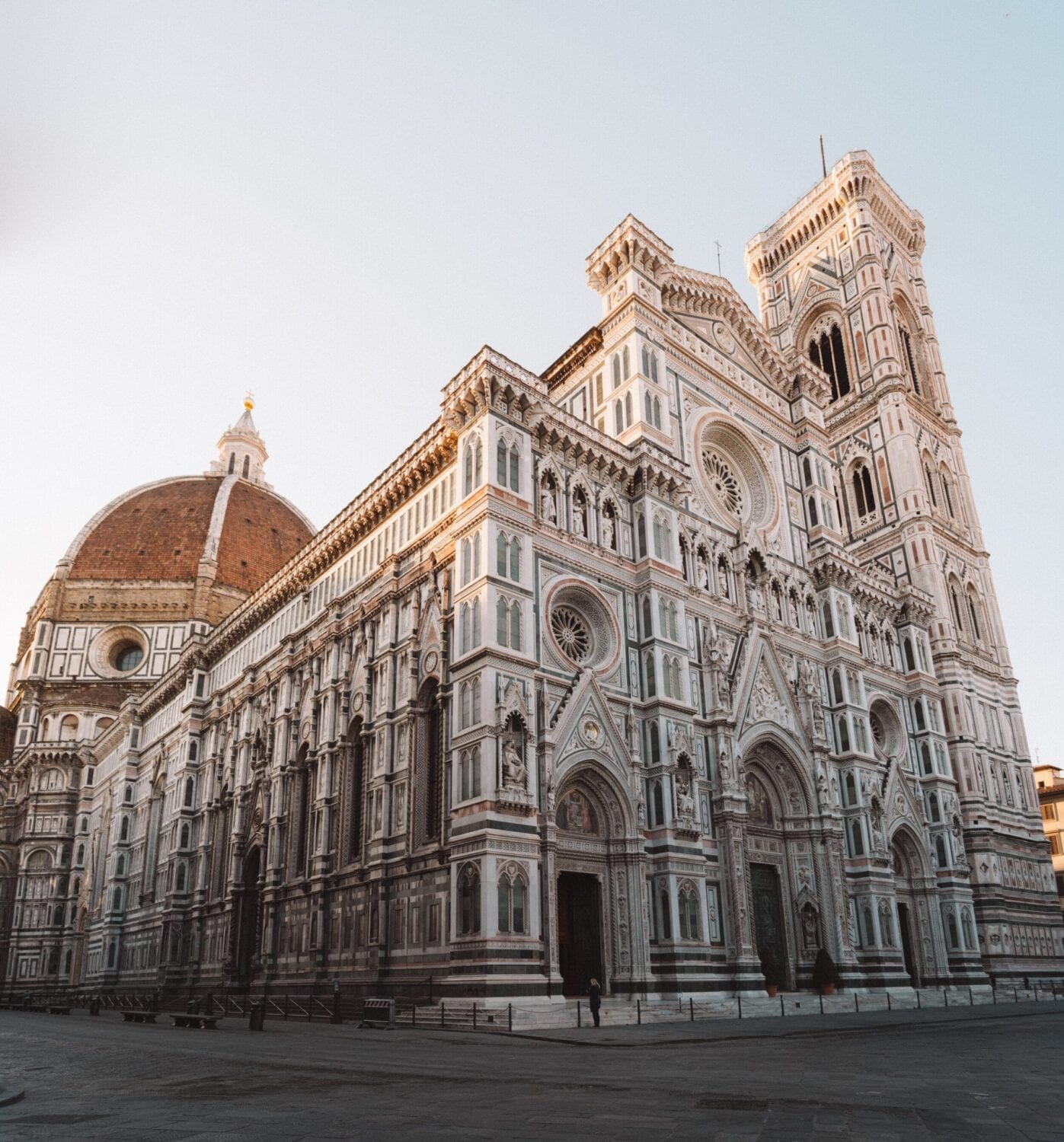
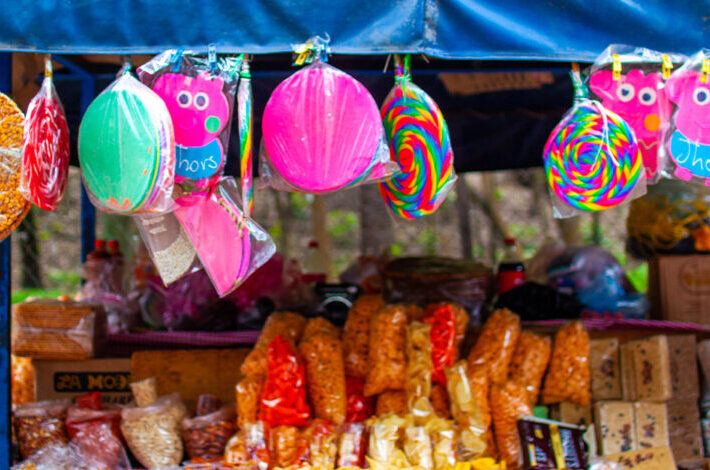
Leave a Comment